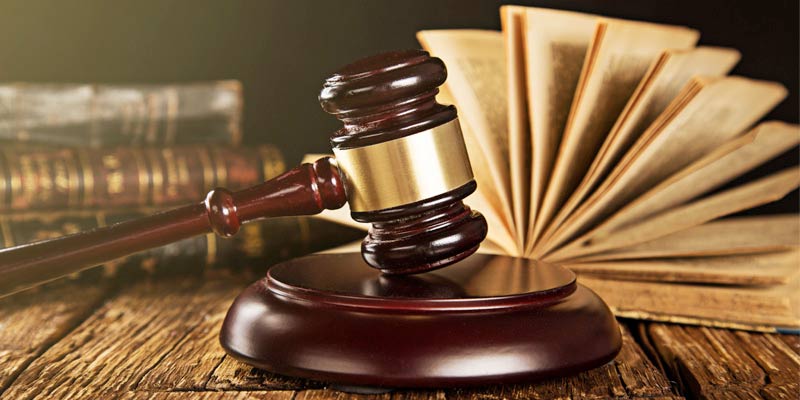On behalf of The Marks Law Firm, L.L.C. posted in Divorce and Closed Proceedings on Friday, August 8, 2014
Harold Hamm, an oil magnate based in Oklahoma City, happens to be a billionaire – one of the wealthiest men in the country – and also in the midst of a divorce from his wife of twenty-five years. Interestingly, Mr. Hamm wants to close off from the public part of the divorce proceedings – not anything having to do with affairs or other TMZ-style behaviors, but corporate activity.
It seems that a big sticking point in settling the division of marital property concerns how much oil is actually in the reserves of Continental Resources, Hamm’s oil company. Why would this matter? Mrs. Hamm has a marital share in the stock shares held by Continental Resources and the assets of the company. To properly value the shares and assets, the court will have to determine the amount of the reserves in the ground. The more reserves the court finds, the greater the value of the marital share to Mrs. Hamm.
Why does this need to be shrouded from public view?
Mr. Hamm argued to the court that the reserve amounts are proprietary information and confidential, and any release of that information would have significant consequences on the value of the publicly traded shares of Continental Resources. Obviously, should the court find that the reserves are far less than analysts have presumed or predicted, the value of the shares would drop. Given that Mr. Hamm wants to minimize his divorce settlement, one can guess he might present information that shows a much lower reserve. Keeping the matter closed means that the public would not know if, let alone how much, the reserves found by the court differ from estimates of stock analysts.
We can see now why Mr. Hamm would want to keep the proceedings closed to the public – it amounts to disclosing confidential trade secrets. But can a court take that step and close the courtroom from the public?
The First Amendment gives journalists and indeed any member of the public the right to attend court proceedings. But that protection is not absolute. For example, most juvenile court hearings remain closed to the public because of the need to protect the juveniles in question. In custody matters, if the subject matter might become too embarrassing for the child or would best be heard out of the public ear, the court has the right to do so to protect the child.
Well, you might ask, is not protecting a child very different from keeping secret information about a publicly traded company, one regulated by the SEC, the public watchdog of public companies? Yes and no. The court in a divorce wants to protect the parties from harm, including harm that making certain matters public would cause. The SEC only discloses public filings made by the company; it does not request or share secrets. So, the mere fact Mr. Hamm is getting a divorce should not become a way for competitors or the press to lay bare every secret of the company. Closing that part of the divorce from the public actually preserves the status quo of the company, just as closing child proceedings preserves the reputation of the children involved.
In the end, a family court has a statutory duty to divide assets and handle custody and support matters consistent with the law; the First Amendment does not always trump this responsibility. This case seems a bit easier because of the severe damage disclosure would cause the company; a court in dividing assets should not in the process destroy their value.
In many other cases, embarrassing facts that could impact the value of an individual’s worth, a company’s stock or a person’s standing in the community would not withstand a First Amendment challenge. The court in every case must balance the right of the public to open courts with the interests of the parties before the court. As with any balancing test, it is very fact specific and does not have any bright lines to follow.
The judge did in fact close that part of the proceedings to the public, a decision that makes sense in the context of the case.
If you have questions about public access to divorce proceedings, contact us – we can help.
